What electrical tape is better for electricians to use?
Property Overview
So, for starters, consider the properties of cotton insulating tape (CB). The main advantage of such an electrical tape is that it does not melt when the wire is heated, withstands mechanical stress and is not damaged at sub-zero temperatures. In addition, an important advantage of the product can be considered increased wear resistance - it is difficult to wipe it during operation. As for the shortcomings of HB electrical tape, the main thing is the poor tightness of the material. In rooms with high humidity, as well as on the street, it can not be used. In addition, the cotton fabric does not stretch and can withstand a breakdown voltage of not more than 1000 volts.
As for the analog of polyvinyl chloride, the material has a high resistance to moisture, stretches well and withstands breakdown voltage up to 5000 Volts (better than analog). The main disadvantage of PVC electrical tape can be considered the fact that it is not heat-resistant, because melts at high temperature. According to the technical characteristics of the product, the maximum operating temperature should not exceed +70 ° C (GOST 16214-86). In addition, the plastic insulation tape breaks in the cold and loses its stickiness.
We figured out the properties of rag and plastic tape, but now we’ll discuss which is better to use for wire insulation in home wiring - rag or plastic.
Which option to give preference?
Since cotton fabric is better able to tolerate high temperatures, but is afraid of humidity, it is better to use it indoors: houses, apartments, etc. Previously, cotton insulating tape was used in junction boxes, because poor connection of wires heats up over time, and this insulation will not melt and will prevent short circuit.
PVC product is best used for electrical wiring on the street and in rooms with high humidity. In addition, you can insulate the wires with a plastic tape from the chandelier, as well as in other places where there will be no strong heating of the wires.
In a car, for reasons of accuracy, they often use rag insulation tape, as it is black and does not strike the eye when the hood is opened. To make this insulation airtight, a heat shrink sleeve is put on top of the cotton fabric.
Well, experienced electricians, in order to “kill two birds with one stone”, first insulate the wires with black CB tape, and then additionally wind several layers of the PVC product. In this case, the wiring will also be protected against short circuit, as insulation will not melt, and from increased humidity.
By the way, firms such as ISOLOCK, TDM ELECTRIC and Klebebander are considered the best manufacturers of electrical tape. Professionals in most cases leave only positive feedback on the products of companies. You can also choose a cheaper, but still high-quality insulation tape from IEK for wiring in the house! In addition, we recommend watching a video that compares the quality of several manufacturers of insulation tapes:
So we talked about which electrical tape is better for wiring in the house and car. We hope that now you know what is more appropriate to choose under certain conditions: PVC or HB material and what are the advantages of each of the options!
It will be interesting to read:

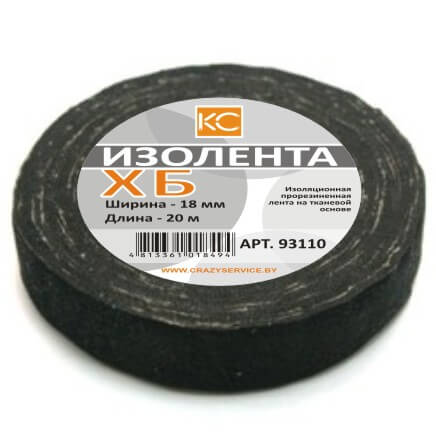
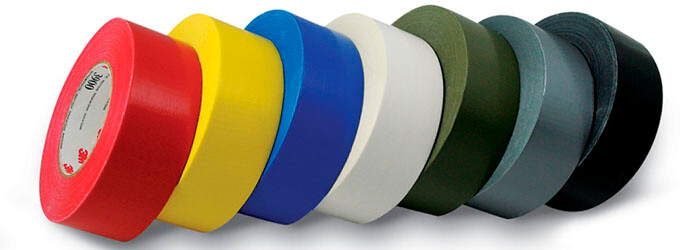
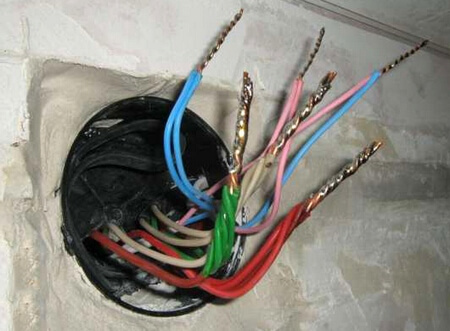
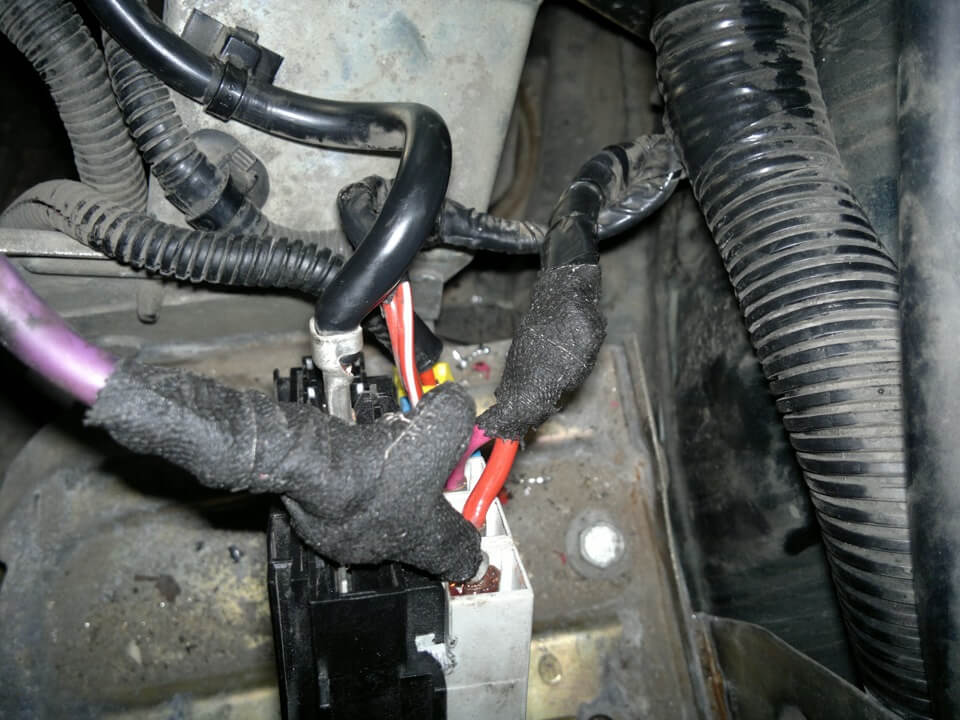


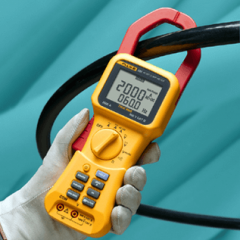
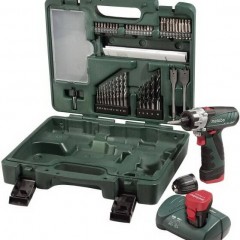
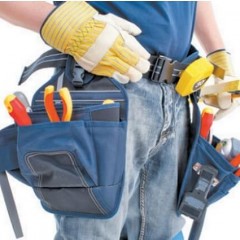

Who is using a rag in car wiring? In her childhood, hockey sticks were wrapped and aluminum twists were isolated.
Gennadich, here's a car
Since when do TDMs make good electrical tape. Regular outbid Chinese